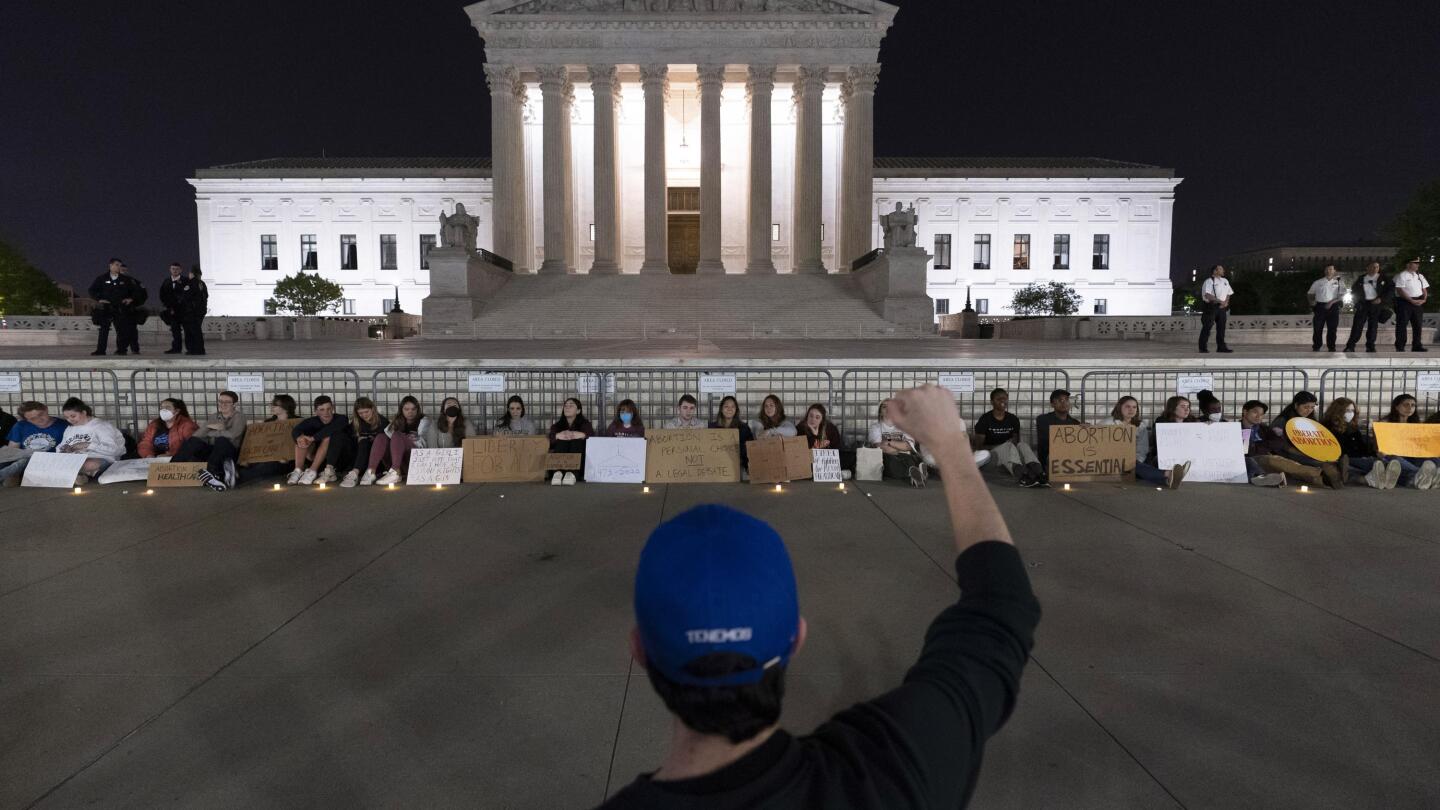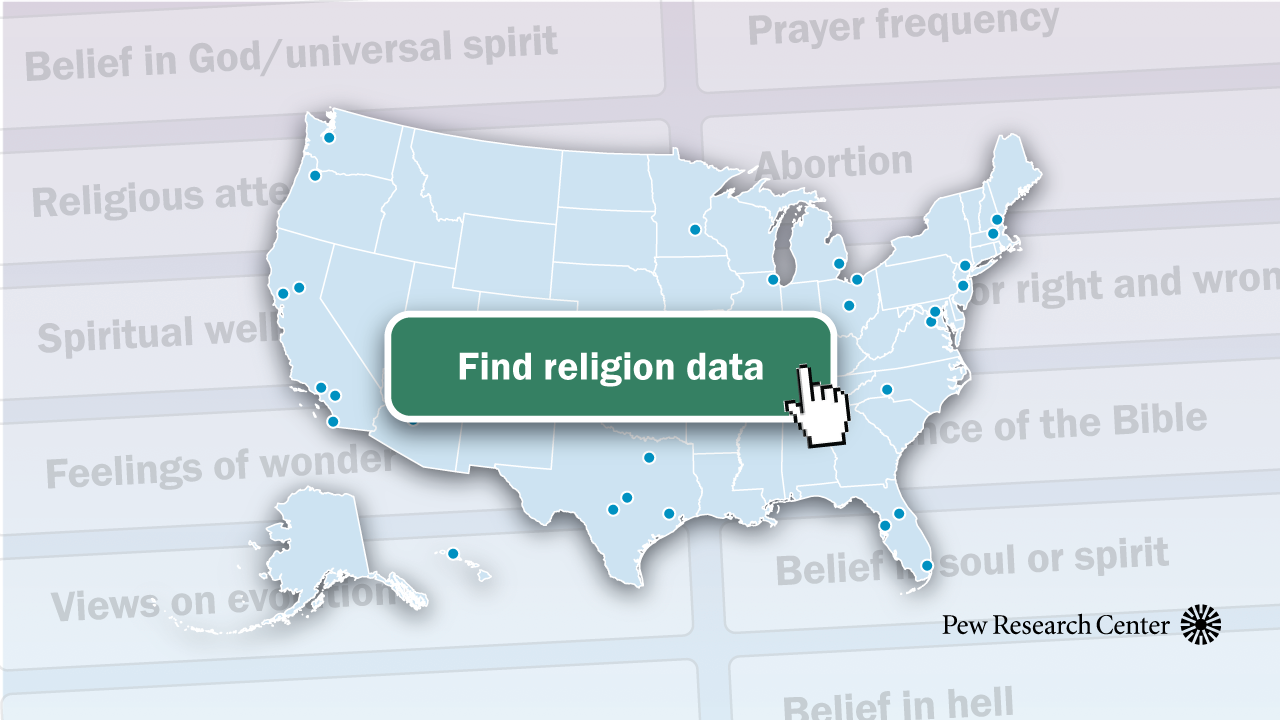Lmao, that is a completely random and uncalled for level of hate that's clearly been festering for a while.
Alrighty then, if I'm not qualified, then let's take a look at this
article written by a former Constitutional lawyer. Even though it isn't fundamentally different than what I was saying, I would still encourage people to read it as it provides much more context for the role of the Supreme Court. I'm not denying that our system isn't perfect or that change may be necessary, but people should at least understand what it is they're changing, why it was originally that way, and the implications and consequences that could be brought by those changes.
As an example:
Greenwald
points out that holding courts to precedents means that Lawrence and Obergefell would be impossible. Indeed, without the Supreme Court
overturning their previous ruling in Bowers vs. Hardwick, legalization of sodomy for homosexuals would still be left up to the states. This and the overturning of Roe are fundamentally the same thing, so banning the SC from going against precedent would be the same as making illegal homosexuality in Texas.
This is also the point I've been trying to make here. I didn't make the rules, so don't shoot the messenger. I'm sorry that these topics are complex enough to require "50 posts of serious discourse" and are not always able to be in bite-sized, feel-good, easily digestible chunks. Particularly when some people on this site have a tendency to ignore what I say and force me to repeat it in various different ways over and over again.
I think the problem here is that you guys are confusing
your belief that abortion
should be a right with abortion being an
actual right, which it is not. By not, I mean there isn't anywhere in legislation or law where abortion has been made a universal right. Any implication of universality was tied up in one court ruling fifty years ago and you've never had the power to prevent that ruling from being overturned, just like the pro-life crowd didn't get a choice when the ruling was initially made.
And that's the problem. The comparisons to the Second Amendment that keep being made aren't fair because the Second Amendment is an actual right that was enshrined in the Constitution. You can play word games with the meaning of militia or arms, but "the right to bear arms shall not be infringed" is a pretty strong statement. There is nothing like that for abortion anywhere in the Constitution or even federal law (that I'm aware of anyways). The ruling itself was trying to tie abortion to privacy rights and didn't mention anything about abortion itself being mentioned in the Constitution.
Whether it should be or not is irrelevant. The fact that abortion activism primarily focused on protecting this iffy ruling and not making abortion a real right led to there being nothing tangible for courts to rule on. You need to have actual language that can be protected before worrying about anything being taken away. When "abortion shall not be infringed" is an actual thing, then comparisons can be made to the Second Amendment.
Because nothing has been taken away. You can still make abortion a Constitutional right if you go through the same process the Second Amendment did by ratifying it at a Constitutional Convention. Barring that, you still have the ability to make abortion a federal right by going through the legislative process in the House and Senate. Barring that, you can go through your local legislatures to make it a right in your state. You have options, use them.
So I've noticed that there is a willful ignorance as to who it is that votes politicians in and what the demographics actually are when it comes to states rights. Politicians don't just magically appear in leadership roles; your government is a reflection of who you are. It's not an accident that "blue states" or "red states" have a particular brand of leadership.
The Religious Landscape Study is a comprehensive survey of more than 35,000 Americans’ religious identities, beliefs and practices that’s been conducted in 2007, 2014 and 2023-24. Pew Research Center.

www.pewresearch.org
The interesting thing about this state is not that its law was the catalyst for overturning Roe, not that it is majority-opposed to abortion, but the fact that the opposition has more women in it than men. Women make up 51% of those who favor restrictions on abortion. In fact, women have always made up a pretty sizable amount of anti-abortion sentiment, even if they are often not the majority.
So how do we reconcile this? From what I've seen, these women are just flat out ignored in favor of a evil men narrative. And if your view is that pro-life/conservative women are brainwashed or are irrelevant for having the wrong opinion, are you not committing the very sin of sidelining women that you are decrying?
And what about men? If we follow the logical conclusion of unrestricted abortion access, we must necessarily argue that abortion be publicly subsidized so poor women will not be left out. If pro-choice advocates aren't already arguing that (lots do), they will eventually. If so, that means that men are necessarily involved and on the hook for the costs of the individual woman's abortion since their taxes and productivity gains will be going towards abortion.
And on a micro level, men are not allowed in a lot of states to have a decision if their would-be child is/isn't aborted as that's left entirely to the women. They are also not allowed to choose if they have to pay child support for the child they don't want in many cases. Even if they terminate their parental rights and access to the child, they still have to bear the costs of supporting the child.
In other words, men are told they have no business in the affairs of woman and her body, except apparently when it comes time to pay for it. They have no right to make decisions about a woman's body, but have a social responsibility to pay for it, even if they find it morally reprehensible. Not only is this an obvious hypocrisy, but it is a very one-sided affair period. Is it really any wonder that men tend to be more opposed on average than women to a scenario where they are effectively told they have no stake in the costs they are demanded to bear? Same argument when the government starts a war nobody wants or bails out the crooks on Wall Street with everybody else's money.
Yeah, this is a far trickier subject than lots of people give it credit for. It might be nice to slot yourself into a particular ideology that glosses over these conundrums and gives you an easy answer, but if you want to be responsible with the topic, you need to be ready to wade through the muck. Contrary to popular slogans, abortion is something that affects all of society, even though only a small portion actually have abortions. I can't think of very many examples where that is true with other issues off the top of my head. Most other issues I can think of have a shared cost or benefit and there are many fault lines within the subject of abortion about who shares the responsibilities, benefits, and burdens that "muh body" or "muh Bible" doesn't adequately address.
That's why I ultimately think leaving it up to the individual states is perhaps the only palatable solution currently. It's probably not impossible to reconcile most of the division on this subject, but I'm not sure Americans are able to do that currently. Certainly not when people are willfully ignoring who bears the costs and benefits of abortion. My biggest peeve on the topic isn't even about whether one side is right or not, but about how both sides deliberately obfuscate the topic. You can't have a real conversation when you refuse to acknowledge the stakes of all parties involved.
And if you still truly believe you are right and that others must be forced to play along, all I can say is good luck trying to fight a civil war without guns. War is ultimately the result between irreconcilable parties that believe the other must be forcibly subject to their beliefs.



